Protecting Florida Tenants from Unlawful Debt Collection Practices
As a Florida tenant, you have important protections against unlawful debt collection practices by landlords and their collection agencies. Whether you're facing harassment over rental debts, inflated charges, or illegitimate collection attempts, understanding your tenant rights can help you stop illegal practices and protect yourself from abuse.
Common Unlawful Collection Practices Against Tenants
Many Florida tenants experience harassment from landlords or collection agencies attempting to recover rental-related debts. These practices become illegal when they cross certain boundaries established by federal and state law.
Common illegal landlord collection practices include:
- Excessive or harassing phone calls
- Threatening illegal eviction procedures
- Making false statements about legal consequences
- Attempting to collect inflated or fabricated charges
- Contacting family, friends, or employers about rental debts
- Using abusive or threatening language
Even when legitimate rental debts exist, landlords and collection agencies must follow proper legal procedures and cannot engage in harassment or deceptive practices.
Your Rights as a Florida Tenant
Florida tenants are protected by both state and federal laws that regulate how debts can be collected. The Fair Debt Collection Practices Act (FDCPA) and Florida's Consumer Collection Practices Act provide important safeguards against abusive collection tactics.
Florida tenant protection laws ensure that:
- Collection efforts must be conducted fairly and legally
- You have the right to dispute questionable charges
- Collectors cannot harass or threaten you
- You can demand validation of claimed debts
- Third parties cannot be contacted about your rental debts
When Rental Debt Collection Becomes Illegal
Rental debt collection harassment crosses into illegal territory when landlords or their agents use prohibited tactics. This can include making threats they cannot legally carry out, using deceptive practices, or engaging in harassment.
Signs of unlawful collection by landlords include:
- Calls at inappropriate hours (before 8 AM or after 9 PM)
- Threats of illegal actions or consequences
- Attempts to collect money not actually owed
- Refusing to provide documentation of claimed debts
- Continuing collection after you've disputed the debt
Protecting Yourself from Collection Abuse
If you're experiencing tenant collection harassment, there are steps you can take to protect your rights:
Document Everything: Keep records of all communication attempts, including dates, times, and what was said. Save any written correspondence.
Know Your Rights: Understand what collectors can and cannot legally do. You have the right to request validation of debts and to dispute charges you believe are incorrect.
Seek Legal Help: If collection practices become abusive or illegal, an experienced tenant rights attorney can help you understand your options and take action to stop the harassment.
Legal Remedies for Tenant Collection Violations
When landlords or collection agencies violate your rights, you may be entitled to legal remedies. Unlawful collection violations can result in:
- Damages for harassment and violations
- Attorney fees paid by the violating party
- Orders to stop illegal collection practices
- Protection from future harassment
These remedies provide meaningful relief for tenants who have been subjected to illegal collection tactics and create accountability for landlords and collection agencies.
Common Tenant Collection Scenarios
Unpaid Rent Collections: While landlords can collect legitimate unpaid rent, they must follow proper procedures and cannot use harassment or illegal tactics.
Move-Out Charge Disputes: Tenants often face collection attempts for excessive cleaning fees, inflated repair costs, or charges not supported by the lease agreement.
Third-Party Collection Agencies: When landlords hire collection agencies, these companies must still follow all applicable laws and cannot engage in prohibited practices.
When to Seek Legal Help
Consider contacting a Florida tenant attorney if you're experiencing:
- Repeated harassment from landlords or collection agencies
- Collection attempts for charges you dispute or don't owe
- Threats of illegal consequences or actions
- Violations of your privacy or harassment of family members
- Abusive or threatening behavior from collectors
An experienced attorney can evaluate your situation, identify violations of your rights, and help you take appropriate action to stop illegal collection practices.
Your Right to Fair Treatment
As a Florida tenant, you deserve to be treated fairly and legally, even when facing legitimate rental debts. Unlawful collection practices are not only illegal but also cause unnecessary stress and harm to tenants and their families.
Understanding your rights and knowing when to seek help can make the difference between suffering through illegal harassment and getting the protection you deserve under Florida law.
Stop Unlawful Collection Harassment Today
Don't let landlords or collection agencies violate your tenant rights. If you're facing unlawful debt collection practices in Florida, you need experienced legal representation that understands tenant protection laws and can effectively stop harassment.
Contact Korte & Associates today for skilled representation against unlawful collection practices. Our team specializes in protecting Florida tenant rights and stopping illegal collection harassment by landlords and their agents. Call us for a consultation to discuss your situation and learn how we can help protect your rights.



